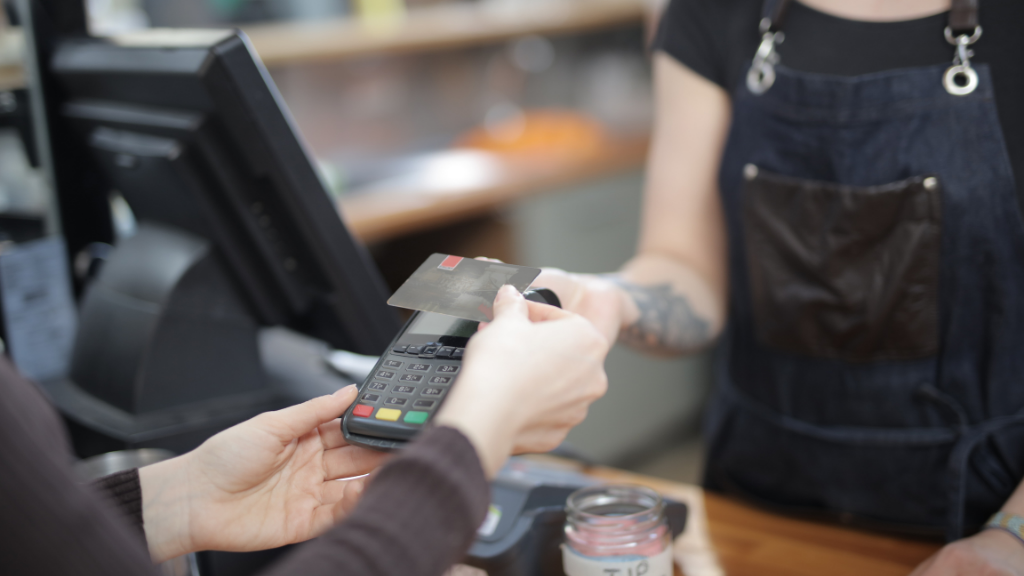Plexiglass barriers for COVID-19 ‘counterproductive’ in most business settings, experts say

By Ben Cousins
Click here for updates on this story
TORONTO (CTV Network) — Experts are questioning the use of a staple of Canada’s reopening plan during the COVID-19 pandemic — plexiglass in businesses — and calling it “counterproductive” in most settings.
Marianne Levitsky, an industrial hygienist at the University of Toronto’s school of public health, told CTV News Channel on Thursday that experts now believe proper ventilation is key to keeping everyone safe when indoors, and some plexiglass installations can impede it.
“The problem with plexiglass barriers all over the place is they can obstruct the flow of that air,” she said. “Where it can be useful is where there is the potential for close contact, such as in a store between the cashier and the customer.”
Levitsky said ventilation experts have been saying this for a while, but researchers have become increasingly aware of COVID-19’s spread through aerosols, rather than droplets.
“There’s wider recognition of the aerosol nature of COVID-19 and the recognition that we really need some very good ventilation to control that,” she said.
Most researchers agree that plexiglass installations are still useful in cases where a customer and employee would be close together, such as a take-out counter or grocery line, but dividers between tables are the issue.
“The problem is office spaces when you start to fragment, or at restaurants between tables,” said Dr. Peter Juni, an epidemiologist at the University of Toronto and a member of Ontario’s COVID-19 Science Advisory Table. “What happens there is it can impede the air flow and it can actually be counterproductive because the most important part here is … the ventilation.”
This might be unwelcome news to restaurants and businesses that have already been struggling to stay afloat during the pandemic and installed plexiglass dividers in order to reopen.
In November 2020, CTVNews.ca reported that the federal government had already spent $2,778,152.26 installing plexiglass and similar products in their offices and other facilities across the country.
“I understand that’s frustrating that we raised these issues again, the point is, if you have a situation of a checkout counter in a fast-food restaurant, coffee shop [or] in a supermarket, that’s all OK,” Juni said.
A spokesperson for Restaurants Canada was not immediately available for comment on the expert advice.
Not everyone agrees that plexiglass barriers need to go, however.
British Columbia Provincial Health Officer Dr. Bonnie Henry, meanwhile, told reporters on Tuesday that appropriately placed barriers help to prevent droplets from going back and fourth.
“In and of themselves they’re not everything but absolutely they make a difference,” she said,
Dr. Isaac Bogoch, an infectious disease specialist, also said that decisions on these matters should be in consultations with experts in several fields.
“I would yield to my engineering colleagues on this one,” he said.
“If someone is coughing or sneezing if you’re an employee at a bank or a grocery store, you definitely want to have some protection against that and that would come from masking and perhaps plexiglass, but of course you can’t ignore ventilation.”
Please note: This content carries a strict local market embargo. If you share the same market as the contributor of this article, you may not use it on any platform.
Sonja Puzic
sonja.puzic@bellmedia.ca